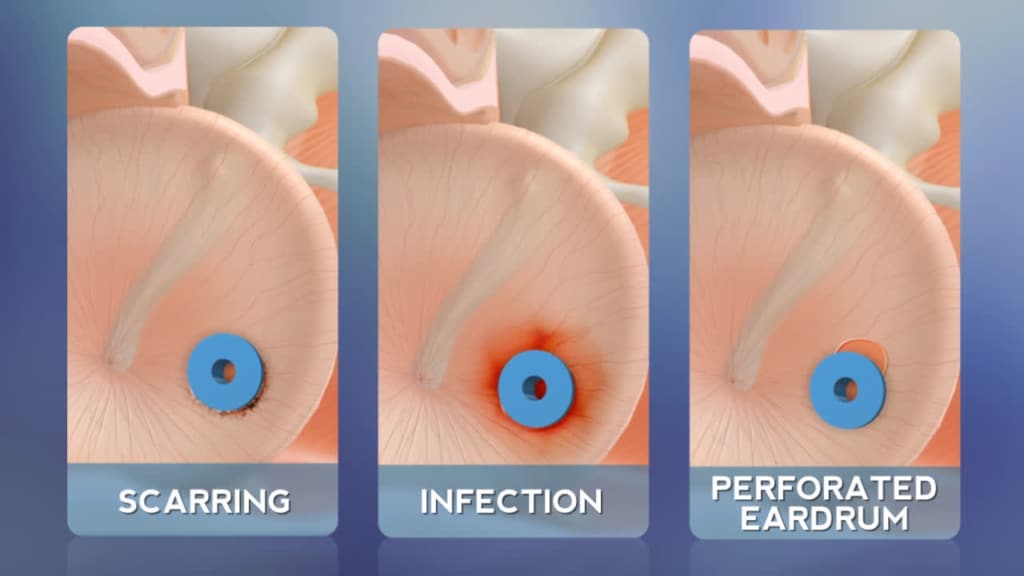Root Canal Care: Preventing Future Problems
Undergoing a root canal can be a daunting experience, but with proper care and attention, it’s possible to prevent future problems and ensure the long-term health of your tooth. A root canal is a procedure used to remove infected or damaged tissue from the interior of a tooth, and while it’s a highly effective treatment, there are several steps you can take to minimize the risk of complications and promote optimal healing.
Understanding the Root Canal Procedure
Before we dive into the specifics of root canal care, it’s essential to understand the procedure itself. A root canal involves the removal of infected or damaged pulp from the tooth, which is then cleaned, shaped, and filled with a special material called gutta-percha. The tooth is then sealed with a filling or crown to protect it from further damage. While the procedure is generally considered safe and effective, there are potential risks and complications, such as infection, abscesses, or tooth fractures.
Immediate Post-Procedure Care
In the immediate aftermath of a root canal, it’s crucial to follow your dentist’s instructions carefully to promote healing and prevent complications. This may include:
- Avoiding chewing or biting on the affected tooth for a specified period
- Taking over-the-counter pain relievers to manage discomfort or pain
- Applying an ice pack to the affected area to reduce swelling
- Avoiding hot or cold foods and drinks for a specified period
- Returning to your dentist for follow-up appointments to monitor the healing process
Long-Term Care and Maintenance
Once the initial healing process is complete, it’s essential to prioritize long-term care and maintenance to prevent future problems. This may include:
- Practicing good oral hygiene, including brushing and flossing regularly
- Scheduling regular dental check-ups to monitor the tooth and surrounding tissues
- Avoiding habits that can damage the tooth, such as teeth grinding or clenching
- Eating a balanced diet that’s low in sugary or acidic foods and drinks
- Considering a dental crown or other restoration to protect the tooth from further damage
Step-by-Step Guide to Root Canal Care
- Brush and floss regularly to prevent plaque and tartar buildup
- Schedule regular dental check-ups to monitor the tooth and surrounding tissues
- Avoid habits that can damage the tooth, such as teeth grinding or clenching
- Eat a balanced diet that's low in sugary or acidic foods and drinks
- Consider a dental crown or other restoration to protect the tooth from further damage
Common Complications and How to Prevent Them
While root canals are generally considered safe and effective, there are potential complications that can arise. Some common complications include:
- Infection: This can occur if the tooth is not properly cleaned and sealed, or if bacteria are introduced into the tooth during the procedure.
- Abscesses: These are pockets of pus that can form at the tip of the root, and can be extremely painful.
- Tooth fractures: These can occur if the tooth is not properly supported or protected, and can be caused by biting or chewing on hard objects.
To prevent these complications, it’s essential to follow your dentist’s instructions carefully, practice good oral hygiene, and attend regular dental check-ups.
Pros and Cons of Root Canal Treatment
| Pros | Cons |
|---|---|
| Potentially saves the tooth from extraction | Can be a costly procedure |
| Relatively painless procedure | May require multiple appointments |
| Can help to alleviate toothache pain | May not be suitable for all patients |
Conclusion
Undergoing a root canal can be a daunting experience, but with proper care and attention, it’s possible to prevent future problems and ensure the long-term health of your tooth. By understanding the procedure, following your dentist’s instructions carefully, and prioritizing long-term care and maintenance, you can minimize the risk of complications and promote optimal healing. Remember to practice good oral hygiene, attend regular dental check-ups, and consider a dental crown or other restoration to protect the tooth from further damage.
Q: How long does a root canal procedure typically take?
+A: The length of a root canal procedure can vary depending on the complexity of the case and the number of roots involved. On average, a root canal can take anywhere from 30 minutes to several hours to complete.
Q: Will I experience pain after a root canal procedure?
+A: While some discomfort is normal after a root canal, severe pain is not. If you experience persistent or severe pain, it’s essential to contact your dentist as soon as possible.
Q: Can I eat normally after a root canal procedure?
+A: While it’s generally recommended to avoid chewing or biting on the affected tooth for a specified period, you can typically eat normally after a root canal procedure. However, it’s essential to follow your dentist’s instructions carefully to promote healing and prevent complications.



